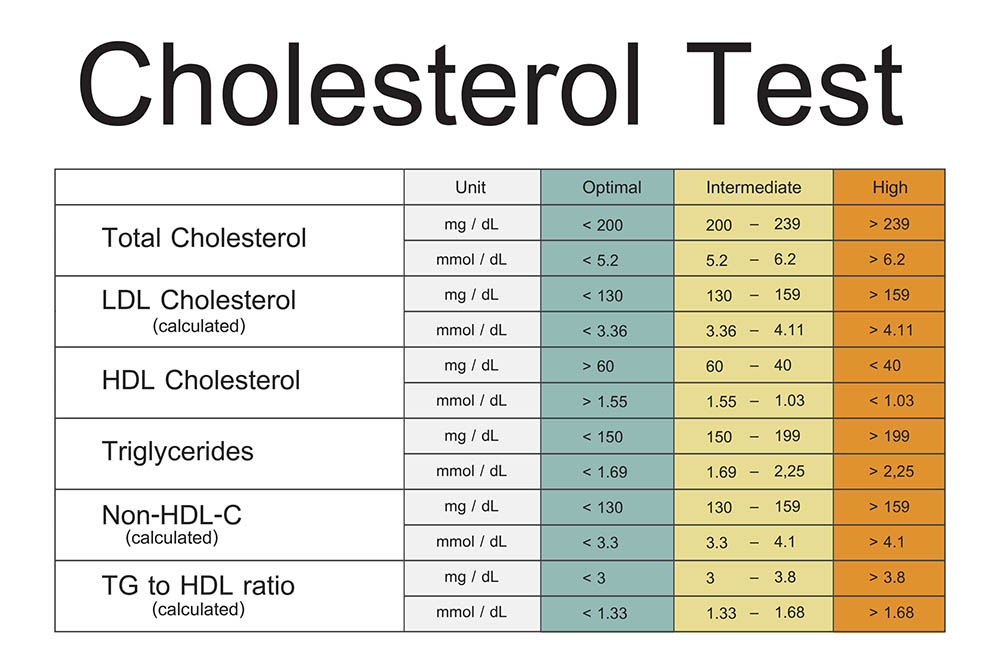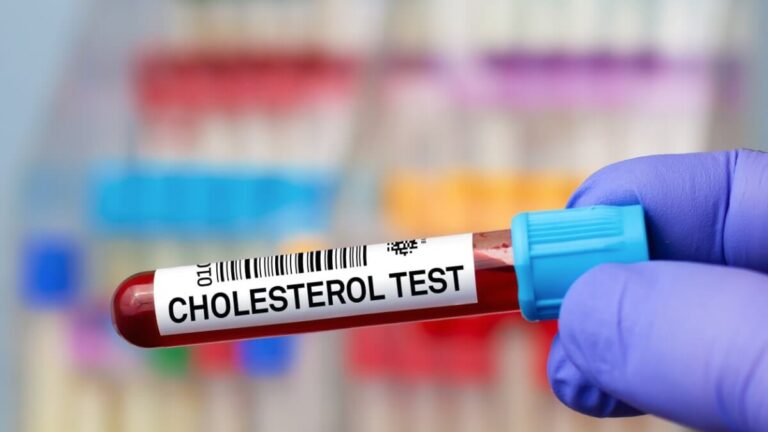Understand Cholesterol and Its Impact
Cholesterol is a waxy substance found in the blood, essential for building healthy cells. However, when levels rise too high, it can develop fatty deposits in blood vessels, making it difficult for enough blood to flow through arteries. These deposits can break suddenly and form a clot that causes a heart attack or stroke.
Recent Developments in Cholesterol Management
The medical community has made significant strides in understanding and managing cholesterol levels. Diagnosis typically involves a simple blood test, as there are no noticeable symptoms of hypercholesterolemia. Treatment options range from lifestyle changes to medication, depending on the severity of the condition.
Lifestyle Changes: The First Line of Defense
The primary recommendation for managing high cholesterol is a change in diet and lifestyle. Consuming foods rich in unsaturated fats, such as olive oil, avocados, and nuts, and engaging in regular physical activity can have a profound impact on lowering cholesterol levels. Additionally, reducing intake of saturated fats, found primarily in red meat and full-fat dairy products, is crucial.

Medications: When Lifestyle Isn’t Enough
For individuals with very high cholesterol levels or those who have not achieved desired results through lifestyle changes alone, medications may be prescribed. These include statins, which block a substance your liver needs to make cholesterol, and other drugs like niacin, bile acid sequestrants, cholesterol absorption inhibitors, fibric acid derivatives, and injectable medications for those with genetic conditions affecting cholesterol levels.
Preventive Measures and Self-Care
Prevention is always better than cure. Maintaining a balanced diet, limiting salt intake, exercising regularly, quitting smoking, and avoiding excessive alcohol consumption are key preventive measures. It’s also important to manage stress and maintain a healthy weight to keep cholesterol levels in check.
High cholesterol is a pervasive issue that requires a multifaceted approach to manage effectively. By combining dietary adjustments, lifestyle modifications, and medical interventions when necessary, individuals can significantly reduce their risk of cardiovascular diseases. As research continues to evolve, it is vital for the public to stay informed and proactive in managing their cholesterol levels for a healthier future.


